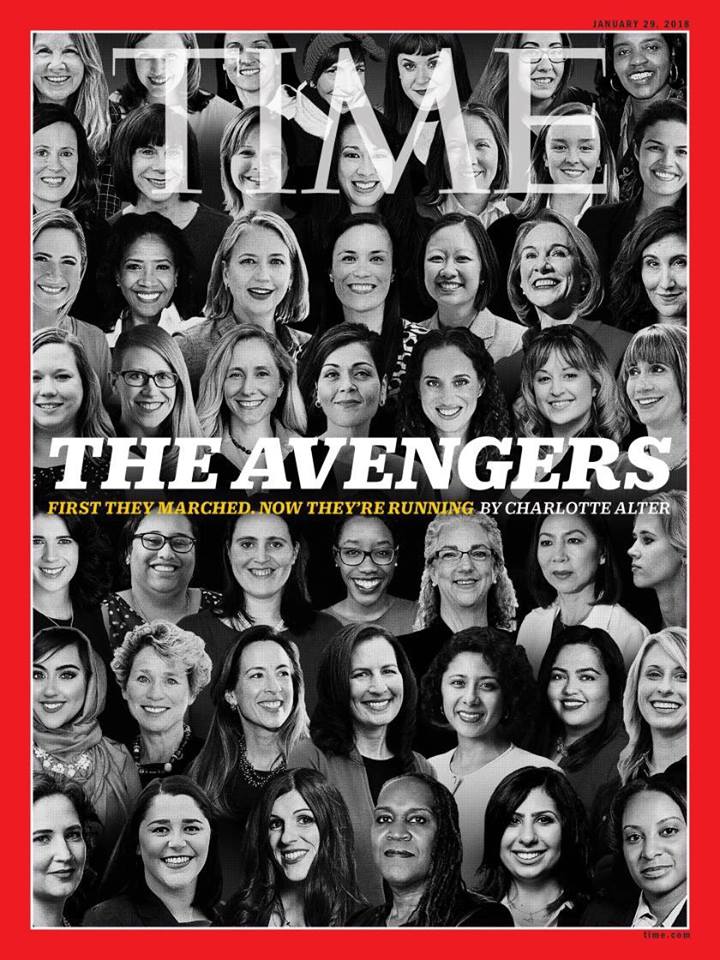“I’m focused on seeking common ground so I can be the voice for our community.”

Mindy Kimmel featured on the cover of Time Magazine, 1/29/18
“I’m so proud to be a part of a community that gives to those in need. Small steps can make a big difference.”